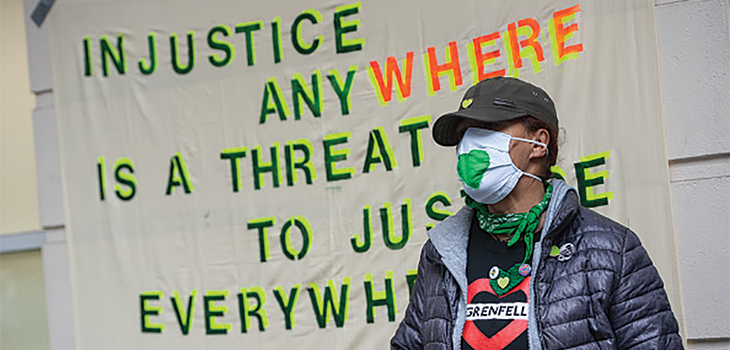
Public inquiries are a crucial element of the UK’s democratic system. By establishing the facts about a scandal or large-scale tragedy, they enable a wide range of institutions and individuals to be held publicly accountable. Wrongdoing is exposed, lessons are learnt, and the public’s confidence is rebuilt as the institutions (hopefully) evolve.
While they can take different forms, the most rigorous and independent inquiries are those held under the Inquiries Act 2005 (IA 2005). The importance of public access to such inquiries (and the information disclosed to them) is enshrined in IA 2005, s 18, with the default position being that individuals can attend—and see and hear—a simultaneous transmission of proceedings, unless a restriction notice or order is imposed.
IA 2005, s 19 empowers the inquiry chair to impose these restrictions. However, any such restriction must be only those required by, for example, statutory





.tmb-mov69x69.jpg?sfvrsn=961ae4db_1)
95ca96e3d47f4eff8d147c4f0df17c77.tmb-mov69x69.png?sfvrsn=3db5d86b_1)

